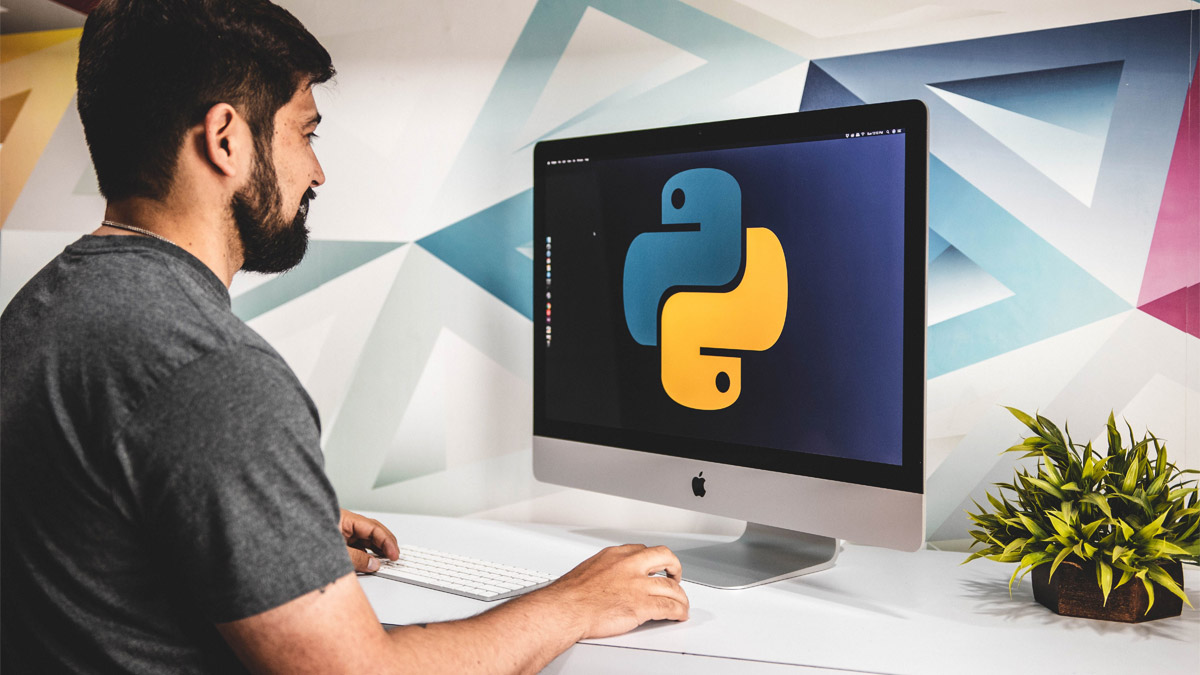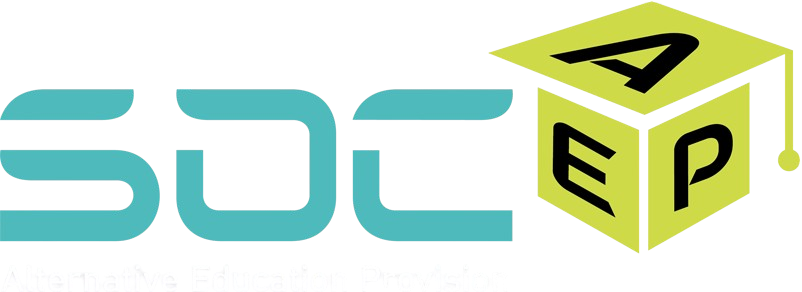Job as a Python Fresher: 5 Essential Tips to Land Your First Role
Breaking into the computer business and securing a job as a Python fresher can be thrilling, but competitive. Whether you’re a recent graduate or have just finished coding courses at places like the School of Coding, standing out to employers is critical. Here are five recommendations to help you get your first Python job:
1. Build a Strong Portfolio
Employers want to see your coding abilities in action. Create a portfolio of Python projects to demonstrate your expertise. Include a combination of personal projects and open-source contributions. For example, you may develop a web scraper, a basic game, or a data analysis project. Capstone projects, such as those offered by the School of Coding, allow students to exhibit real-world skills.
2. Master the Basics
As a Python fresher, your technical abilities are your greatest asset. Make sure you have a solid understanding of fundamental concepts like data types, loops, functions, and object-oriented programming. Explore libraries like NumPy for data analysis, Flask for web development, and Django for full-stack tasks. The School of Coding’s advanced Python classes are tailored to help students move from basic to more complicated programming, which is crucial when aiming for a job as a Python fresher.
3. Contribute to Open Source Projects
One effective way to get recognized and enhance your portfolio for a job as a Python fresher is by contributing to open-source projects. Platforms like GitHub host thousands of projects to which you can contribute code. This approach helps you develop your abilities while demonstrating to future employers that you are proactive and collaborative.
4. Tailor Your CV and Cover Letter
When applying for a job as a Python fresher, ensure that you customize your CV and cover letter for each position. Highlight relevant skills, projects, and certifications. Include courses from reputable coding institutions, such as the School of Coding’s NOCN-certified programs (SOC Alternative Education Provision). Mention specific projects that match the job description, showcasing how your experience makes you a strong contender for a job as a Python fresher.
5. Prepare for Technical Interviews
Most Python jobs require you to pass a technical interview. This includes coding evaluations and live problem-solving sessions. Use services such as LeetCode or HackerRank to practise popular Python interview questions and issues. Additionally, review algorithm fundamentals and data structures, as these are frequently assessed in entry-level positions.
Conclusion
Starting your career and landing a job as a Python fresher can be intimidating, but with proper preparation, it’s achievable. Focus on honing your skills, showcasing your work, and thoroughly preparing for technical interviews. The School of Coding offers resources and structured learning paths to help you refine these essential skills and move forward confidently in your journey to landing a job as a Python fresher.
FAQs
To land your first job as a Python beginner, you should master:
- Python’s fundamental principles include data types, functions, loops, and object-oriented programming.
- Depending on the role you’re applying for, common libraries include NumPy, Pandas, Flask, and Django.
- A basic understanding of databases (SQL) and version control systems such as Git.
Pro Tip: Hands-on experience and building projects will set you apart with more than just theoretical understanding.
No, a degree isn’t always required. Many employers welcome candidates who have undergone coding boot camps, alternative education programs, or online courses. Certificates from reputable universities, such as the School of Coding, might be an excellent alternative to traditional degrees.
Your portfolio should feature a variety of Python projects, including:
- A web application (using Flask or Django)
- A data analysis project with Pandas or NumPy
- Open-source contributions on GitHub.
Include well-documented code and make your GitHub repository public to demonstrate to potential employers your coding approach.
To improve your chances:
- Tailor your CV to each job application, emphasising relevant abilities and projects.
- Create a convincing cover letter that explains why you are enthusiastic about Python and how your projects make you a good fit.
- Make relationships via networking and participating in coding communities on LinkedIn, GitHub, or Python-related forums.
As a Python beginner, you can apply for professions like:
- Python Developer or Junior Software Engineer.
- Data Analyst or Data Scientist (Entry-Level)
- Web Developer (if you understand Django or Flask)
- Automation Tester
Many career roles require ‘Python knowledge’ as a critical ability.
How to ace Python technical interviews:
- Practice coding tasks on platforms such as LeetCode, Codewars, and HackerRank.
- Be conversant with standard algorithms and data structures.
- Examine Python interview questions focussing on your problem-solving method rather than just the final solution.
Mock interviews with peers or mentors are also an excellent method to prepare.
It takes a combination of technical expertise, real-world experience, and the appropriate job-hunting strategy to land a position as a Python newcomer. First and foremost, concentrate on developing a strong foundation in Python by becoming proficient in fundamental ideas like data types, loops, functions, and object-oriented programming. Employers also appreciate familiarity with frameworks and libraries, such Pandas and NumPy for data analysis or Django for web development.
Practical experience is essential. Make little projects that highlight your abilities, like a data visualisation dashboard, a basic chatbot, or a personal portfolio website. GitHub repositories and open-source contributions can serve as a live resume for hiring managers. Additionally, customise your resume to emphasise internships, online credentials, and technological talents. Your chances of getting an interview can also be greatly increased by networking through hackathons, coding communities, and LinkedIn.
Since Python is one of the most flexible and sought-after programming languages in the current labour market, it is undoubtedly a great option for advancing one’s career. Its applications include a wide range of industries, including web development, artificial intelligence, data science, cybersecurity, cloud computing, and fintech, and its simplicity makes it accessible to beginners.
Python developers are preferred by businesses because of the language’s versatility and the extensive library ecosystem that speeds up development. Python is actually one of the most used programming languages in the world; therefore, studying it today will help you advance in your profession. Python offers a plethora of chances for employment as a machine learning engineer, data analyst, or software developer.
You don’t have to be an expert in Python to land an entry-level position, but you must show that you can solve problems and have practical expertise. If nothing else, you should have faith in:
- Writing Python code that is clear and effective.
- Recognising data structures (dictionaries, sets, tuples, and lists).
- Using conditionals and loops in control flow.
- Constructing and applying classes and functions.
- Using libraries such as Flask/Django, Pandas, or NumPy, depending on your chosen professional path.
- Employers frequently anticipate that new hires will know the fundamentals of databases (SQL), APIs, and version control (e.g., Git).
More significantly, you need to demonstrate that you can pick things up fast and use what you’ve learnt to solve actual problems. Participating in internships, building projects, and finishing coding challenges can all aid in bridging the theory-to-job readiness gap.
Even at the starting level, Python jobs in the UK pay competitively. Depending on the region and sector, a Python novice or junior developer can anticipate making between £25,000 and £35,000 annually. Salary increases dramatically with experience. While senior developers, data scientists, or machine learning engineers can command wages surpassing £70,000 to £100,000+, mid-level Python coders usually make between £40,000 and £55,000.
Although the cost of living should also be taken into account, incomes are typically higher in London and large IT hubs like Manchester, Birmingham, and Cambridge. Earning potential and career advancement are excellent due to the increasing demand for Python specialists in industries like fintech, healthcare, artificial intelligence, and cloud computing.







